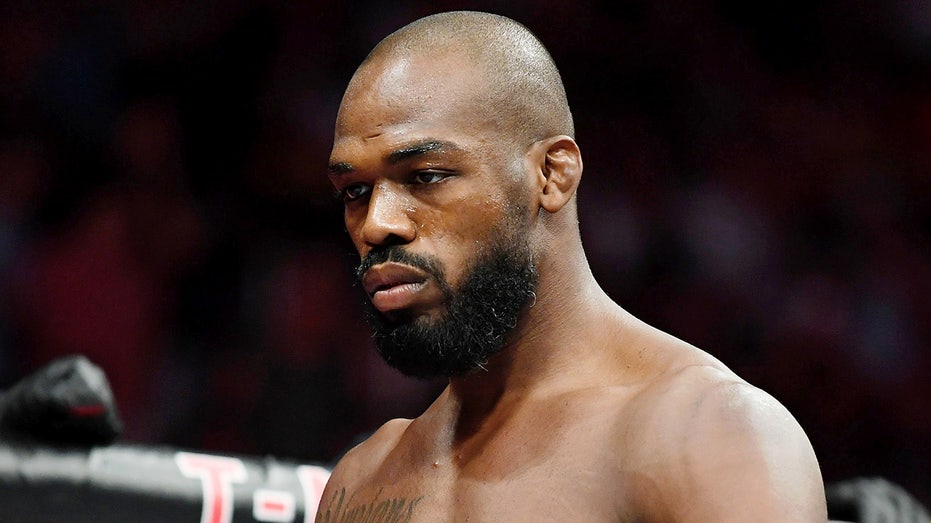Dorian: The Musical review – New take on Oscar Wilde is all surface
In this musical retelling of Oscar Wilde's most famous tale, Dorian becomes a rock star – but what lies beyond the glamour?


Dorian: The Musical | Southwark Playhouse | ★★★☆☆
A modern musical retelling of The Picture of Dorian Gray had the potential to be utterly fabulous or utterly abysmal, yet somehow it fell in between.
Oscar Wilde’s novel, a cautionary tale against the worship of youth and beauty, is ripe for a modern, image-obsessed audience and this production taps into its timelessness. Written and directed by Linnie Reedman, with music and lyrics written by Joe Evans, Dorian: The Musical sets Wilde’s tale to rock music and recasts Dorian as a moody rockstar. It’s glam, energetic and a little absurd, with a Phantom of the Opera-brand of campness.
The reimagining attempts to bring Wilde’s Faustian tale into the current moment, but its updates are largely superficial: the portrait is a photo (edited to look like a painting), opium is swapped for cocaine and there are a few throwaway references to social media. The intentionally Victoriana aesthetic of the set and costuming – with Dorian and the rest of the cast draped in velvet, pearls and lace, with a little bit of leather thrown in – is a nice nod to both 19th century decadence and 20th century glam rock, but it leaves the current moment slightly ignored.
Where it does aim to fully immerse itself in the 21st century is in its embrace of gender fluidity and sexuality, with the characters inhabiting a world of debauchery and hedonism. In Wilde’s novel, written in a world where homosexuality was a crime, sex was always the subtext – “the love that dare not speak its name”. As a result, Wilde’s text swells with the passion of suppressed love, so much so that his own prose was used as evidence against him in court to convict him for sodomy.
The reimagining attempts to bring Oscar Wilde’s Faustian tale into the current moment, but its updates are largely superficial
In Reedman’s retelling, queerness is instead openly embraced, with the writer promising to “present a fairy-tale world where anything is possible – and no boundaries exist”. This sounds exciting, and its embrace of gender fluidity is true to the spirit of the novel, but it ends up removing the stakes. Everyone is in love with everyone, making the romances hard to care about, and Dorian’s life of drugs, sex and rock and roll is not a scandal in the context of being a 21st century rockstar.
The show shines most when it embraces new inventions. The character of Victoria Wotton, a footnote in the novel, takes centre stage with dandiacal wit in this production. Gabrielle Lewis-Dodson’s deliciously droll performance cuts through moments that would have otherwise risked feeling over sentimental – a classic Wildean trick. Meanwhile, Megan Hill’s Sibyl Vane, also fleshed out by Reedman, is welcomely less feeble than Wilde’s version.
Unfortunately, the character of Dorian falls a little flat, coming across as more wimpish than glamorous. Part of this is to do with the choice to recast Dorian as a rockstar – thus turning him from muse to artist, a decision that fundamentally changes the dynamics of Wilde’s fable and loses some of its power.
But perhaps all this doesn’t matter. Wilde’s aestheticism was famously about worshipping the surface, and this production, at least visually and musically, is a delight. In the preface to The Picture of Dorian Gray, Wilde famously cautions the critic: “Those who go beneath the surface do so at their peril. Those who read the symbol do so at their peril. It is the spectator, and not life, that art really mirrors.” Put that way, I guess I’m just a three-star critic.



